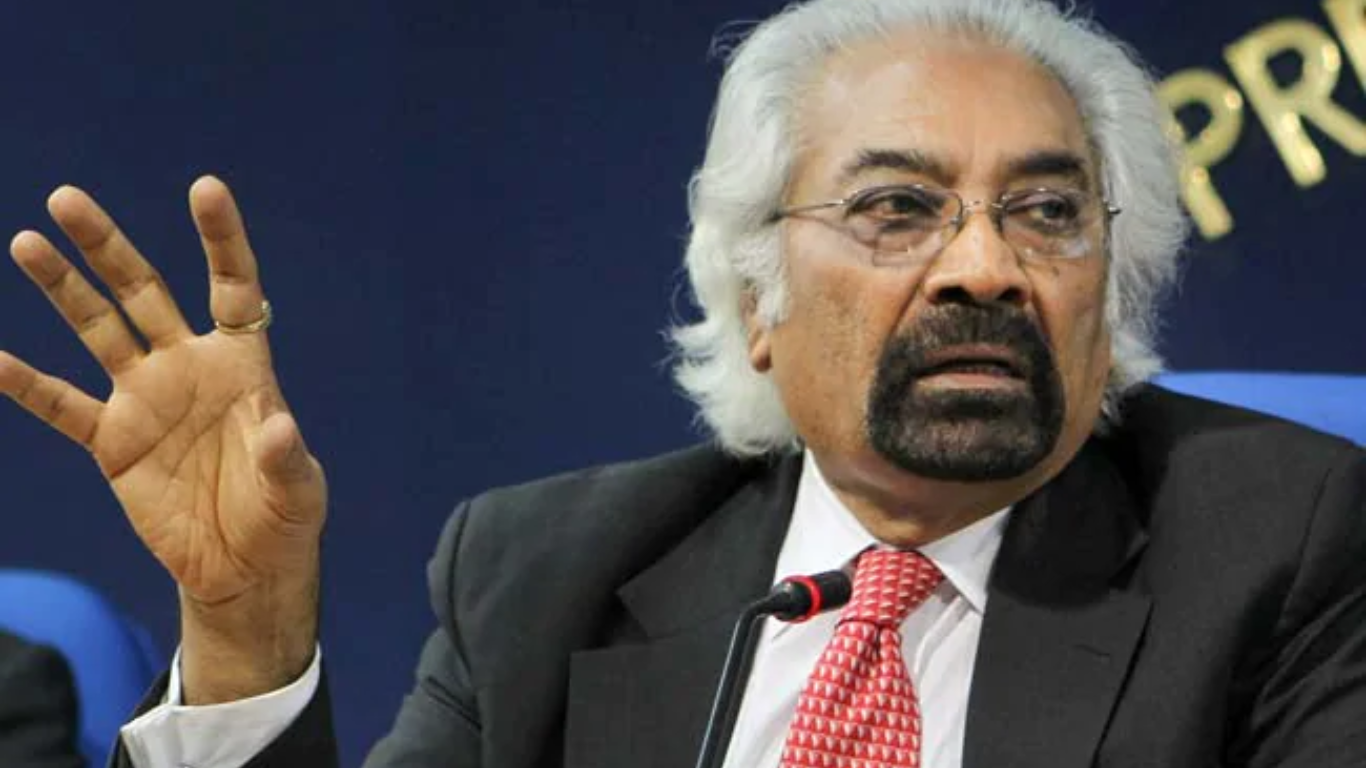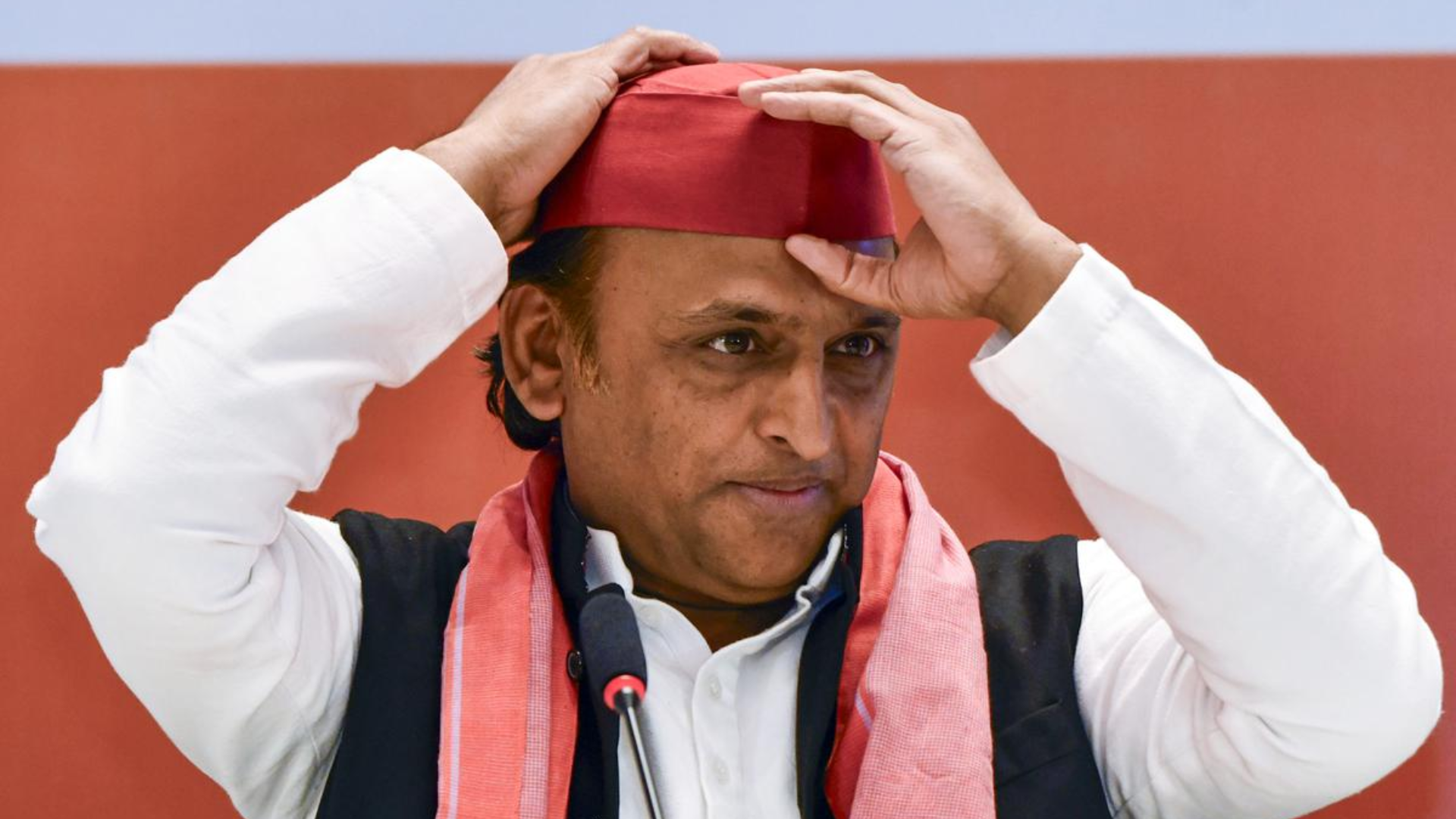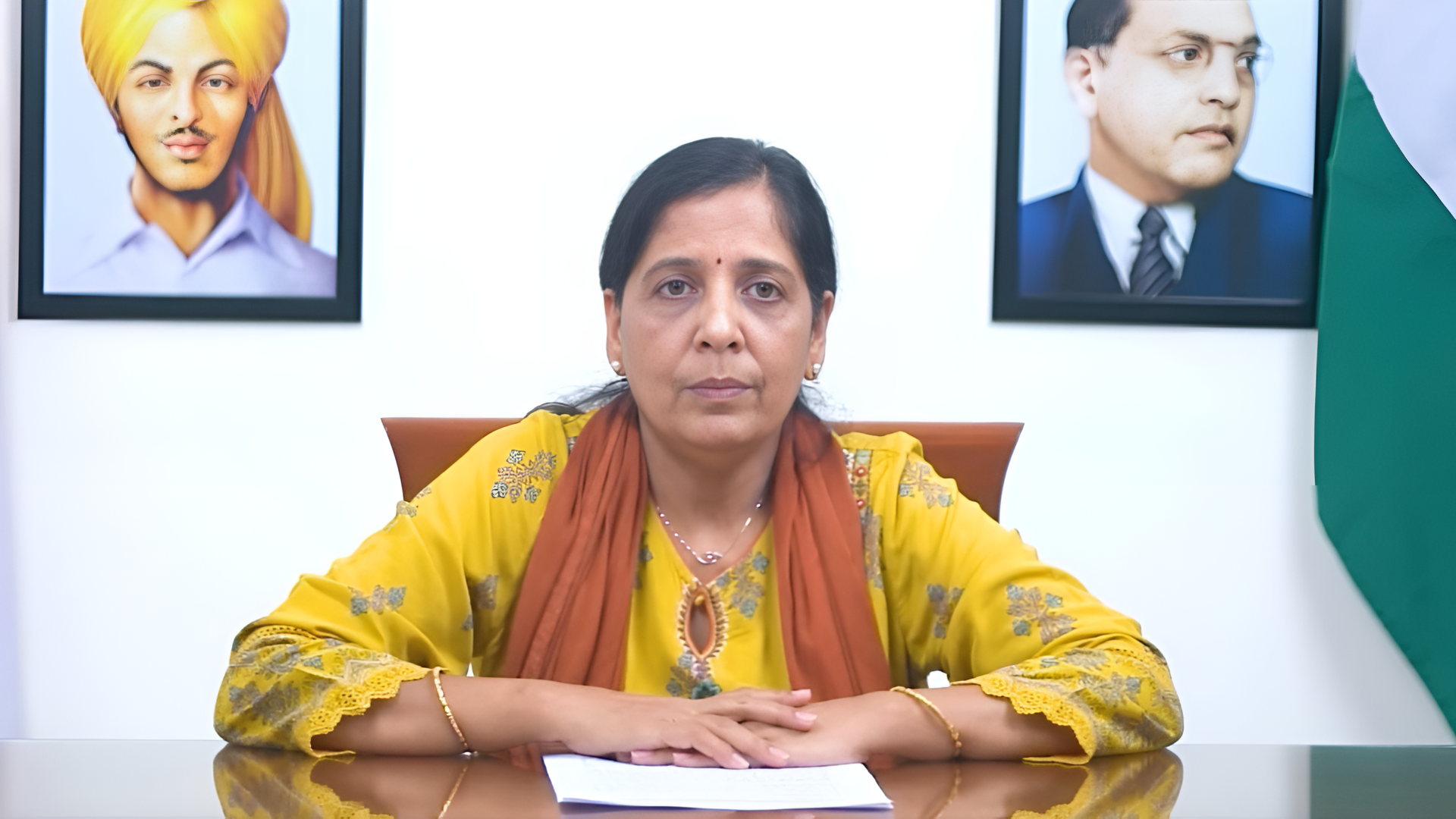









For an extended period, residents and traders in Pakistan-administered Kashmir (PoK) have endured severe electricity shortages and exorbitant bills. This pressing issue has inflicted hardship across society, compounding the struggles amid escalating inflation in Pakistan, leaving many to grapple with hefty charges for minimal electricity usage.
Addressing the dire power cuts, Abdul Razzaq Khan, a PoK businessman, highlighted efforts made during a meeting with Pakistan’s Caretaker Prime Minister Anwar ul Haq Kakar. The plea was for an allocation of 400 megawatts of electricity for PoK residents, emphasizing the necessity of meeting basic energy needs.
Khan underscored the disparity in electricity sources, noting PoK’s hydroelectric potential of 2,500 to 3,000 megawatts, mainly supplied to the central grid. However, electricity returned to PoK is generated from costly coal and fossil fuels, burdening consumers with inflated prices due to heavy taxation.
Highlighting the region’s dependency on central resources due to limited local employment opportunities, Khan emphasized the critical role remittances from overseas relatives play in sustaining many families. Despite enduring financial strain, small traders continue to face electricity costs while enduring persistent load shedding.
Khan recalled past protests, including a hunger strike in 2015, lamenting the lack of improvement in conditions and ongoing grievances among PoK residents. Suggestions to utilize locally produced dam-generated electricity as a cheaper alternative were proposed to the government, aiming to alleviate financial strain on residents and businesses alike.
Despite the government’s Neelum-Jhelum Hydropower Plant project in PoK, the absence of a water treatment facility and reports of corruption have left the initiative largely ineffective, further exacerbating the region’s energy woes.










